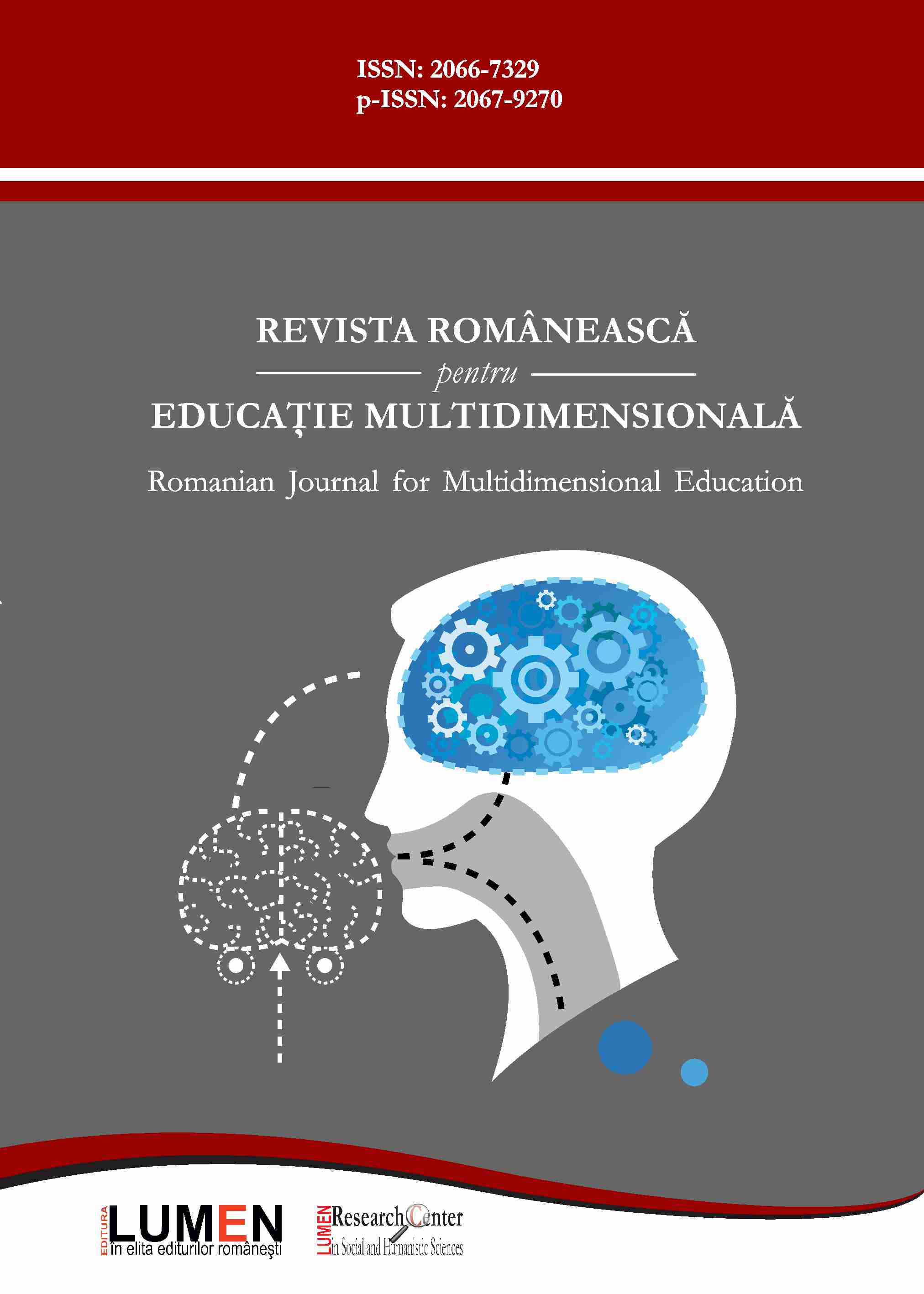An Evaluation of Strategies and Policies in Higher Education Management in Internationalization Process: New Pedagogy
An Evaluation of Strategies and Policies in Higher Education Management in Internationalization Process: New Pedagogy
Author(s): Fahriye Altınay, Gulsun Basari, Mehmed Alinay, Gokmen Dagli, Zehra AltinaySubject(s): Educational Psychology
Published by: Editura Lumen, Asociatia Lumen
Keywords: internationalization; higher education; new pedagogy; online learning; ser- vice; strategy;
Summary/Abstract: Reports by the International organizations, such as the World Bank, UNESCO, and OECD, reveal that the number of students in higher education in 1985 was 20 million, in 1990 26 million, in 1995 38 million an d with a rapid increase from 1995 onwards, the number was over 85 million in 2001. At present more than 100 million students are at universities and it is expected that the number will reach to 200 million in 2020. In this respect, evaluating the strategies and policies for higher education in terms of internationalization becomes crucial. This research study aims to examine the role of management in higher education within internationalization process for catching the new pedagogy. It is essential to consider new generations for the roles of managers in terms of fostering online learning. Qualitative research design was conducted that case study was employed in this research. 17 universities’ representatives were participated research that content analysis was done to analyse qualitative data. In this research, it is revealed that ground of internationalization, institutional strategies, policies, academic strategies and policies, risks and handicaps, role of internationalization in higher education are essential for the quality and management for making new pedagogy.
Journal: Revista Românească pentru Educaţie Multidimensională
- Issue Year: XI/2019
- Issue No: 4
- Page Range: 304-320
- Page Count: 16
- Language: English

